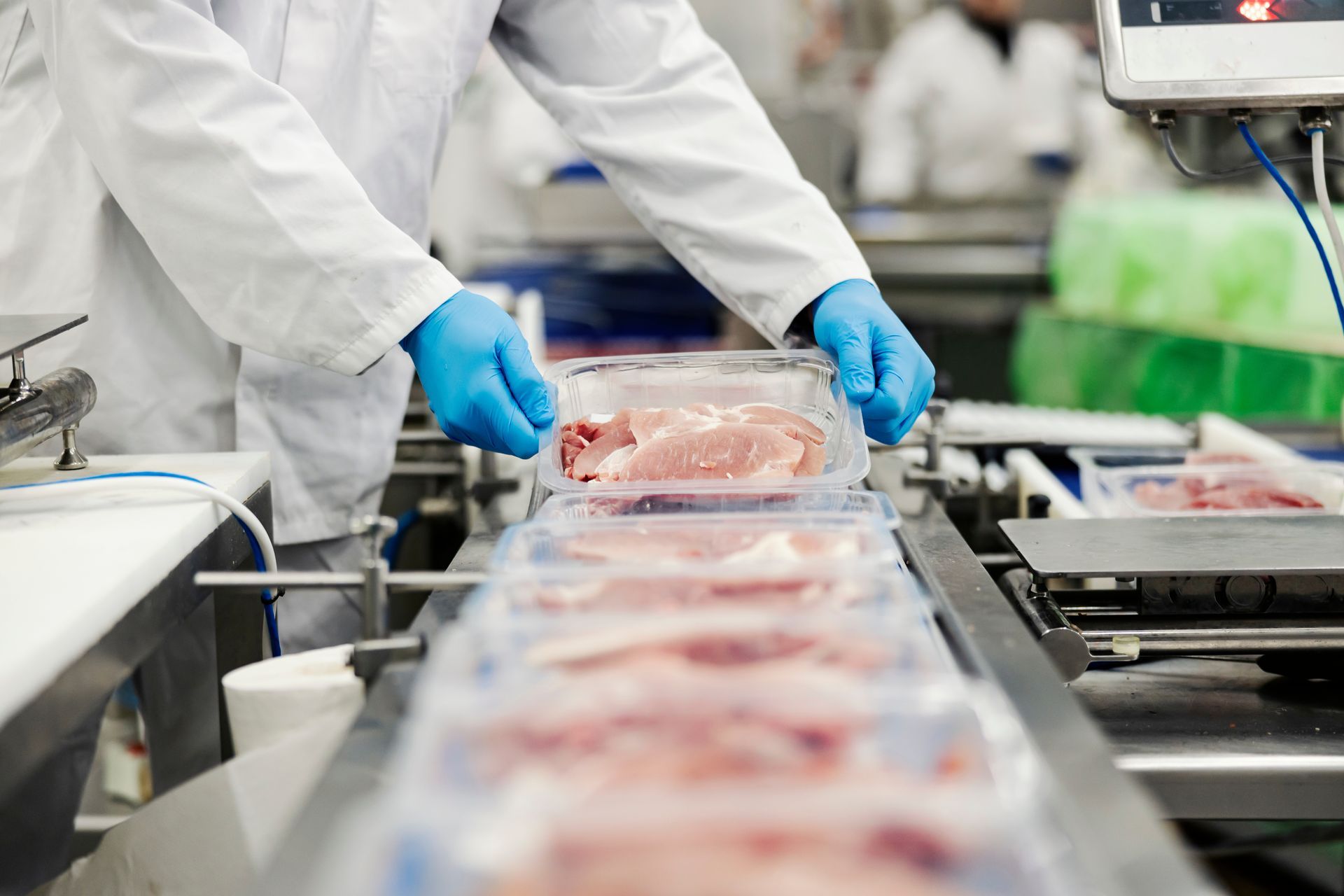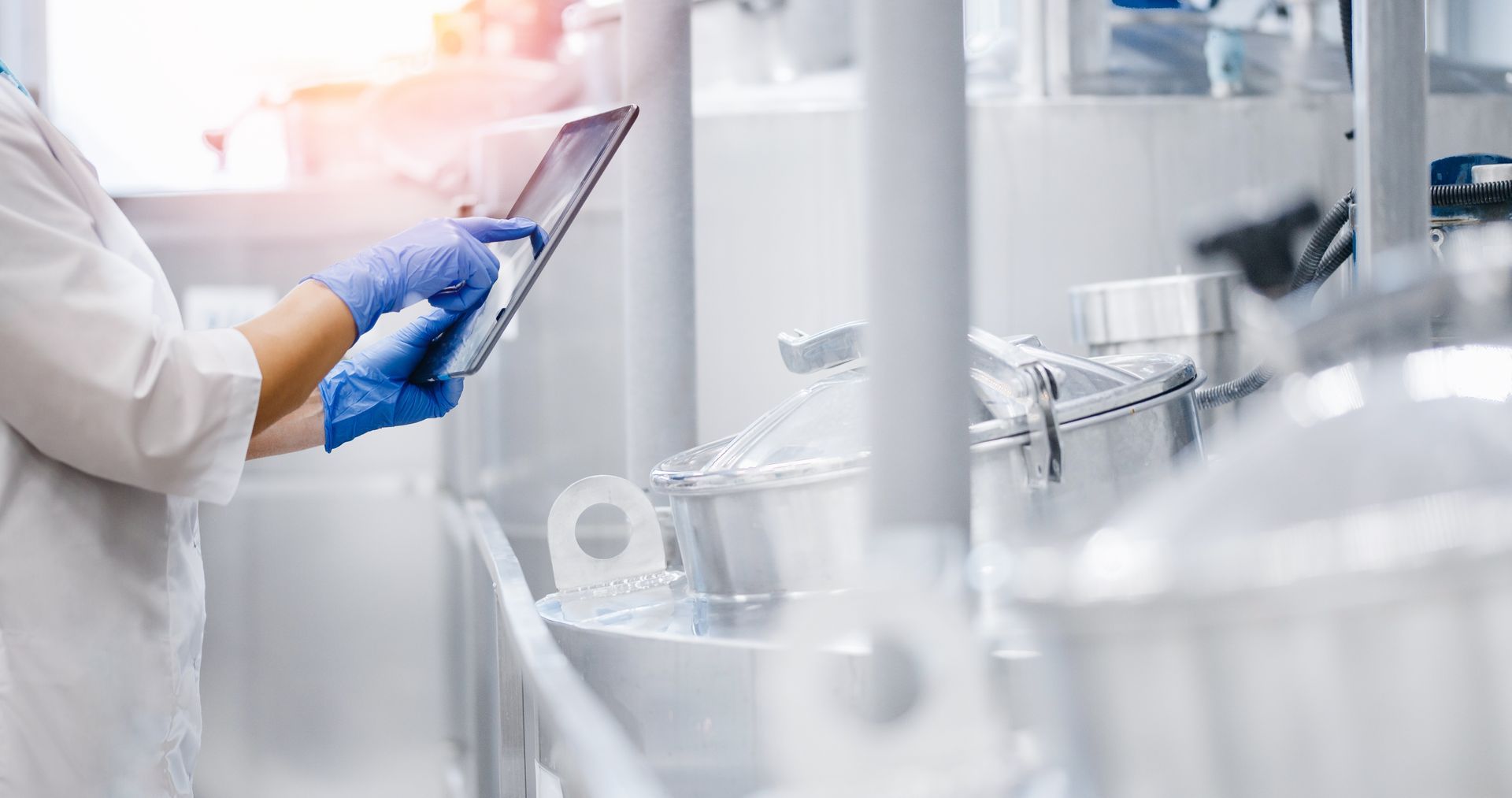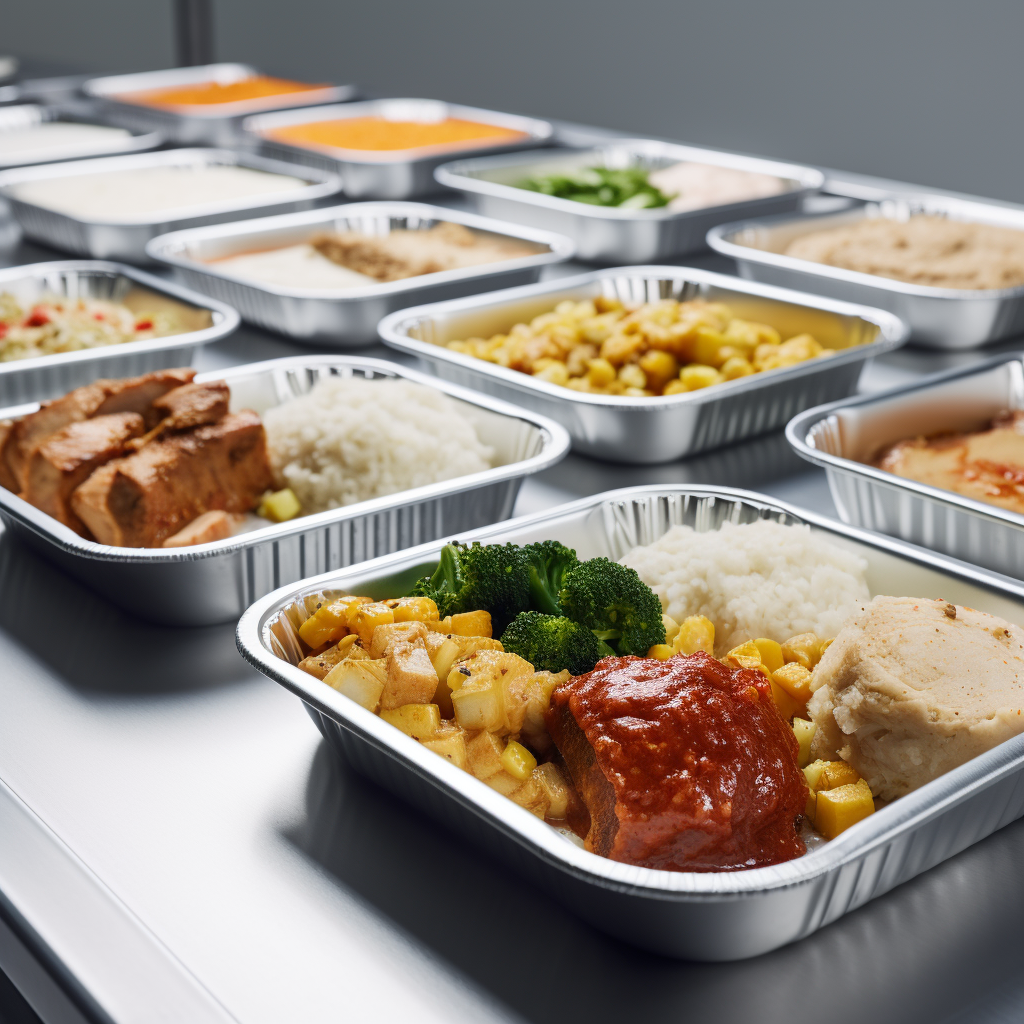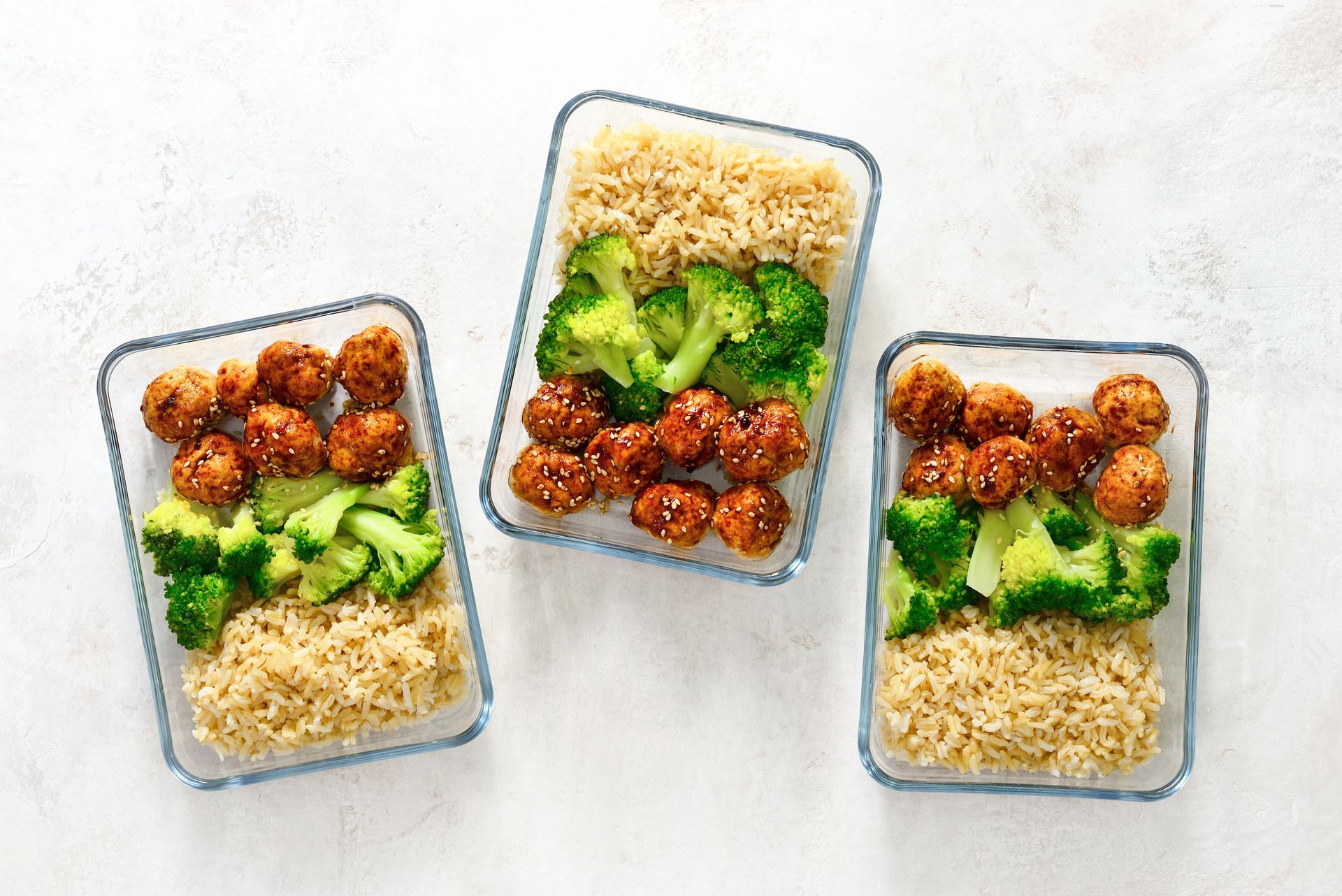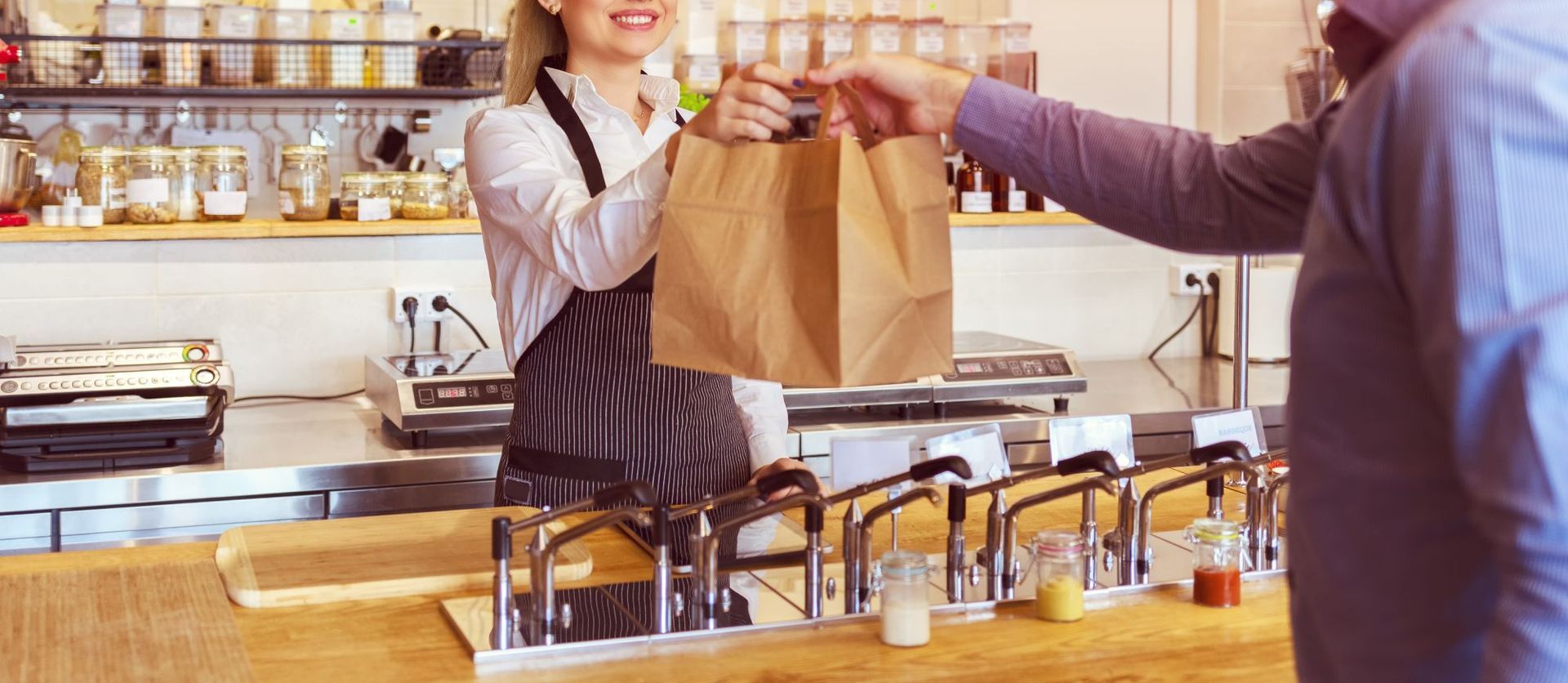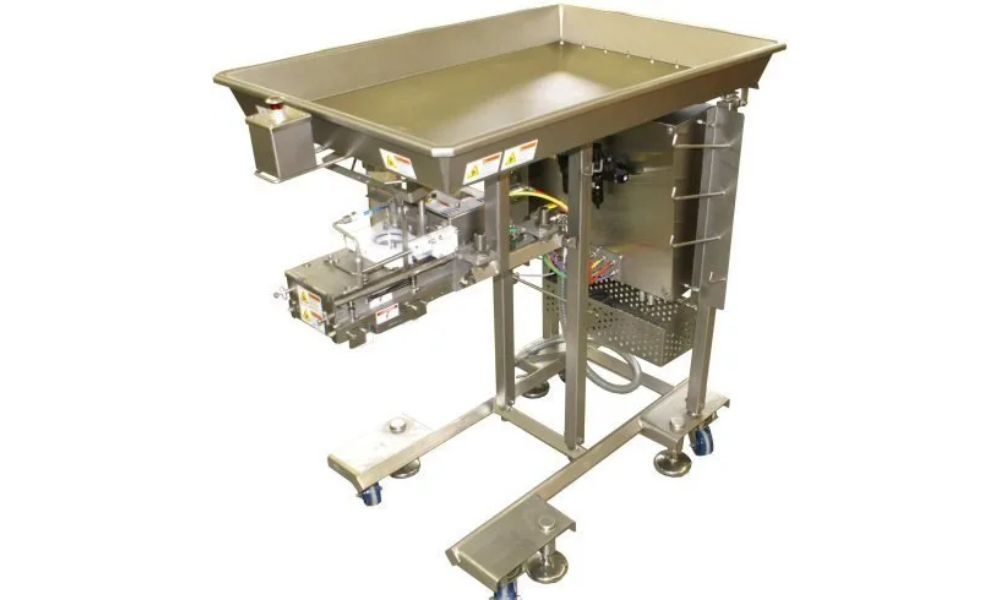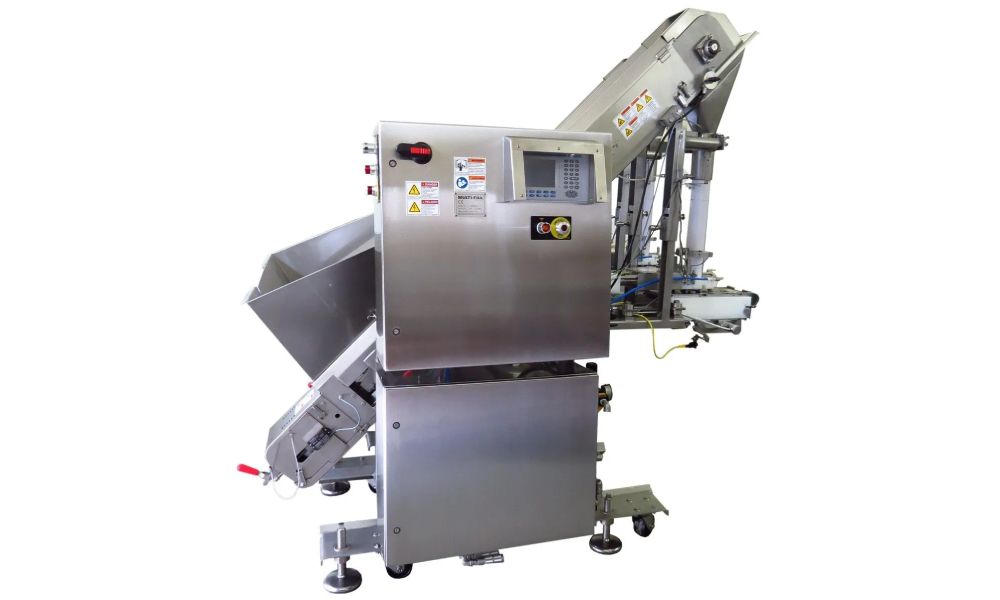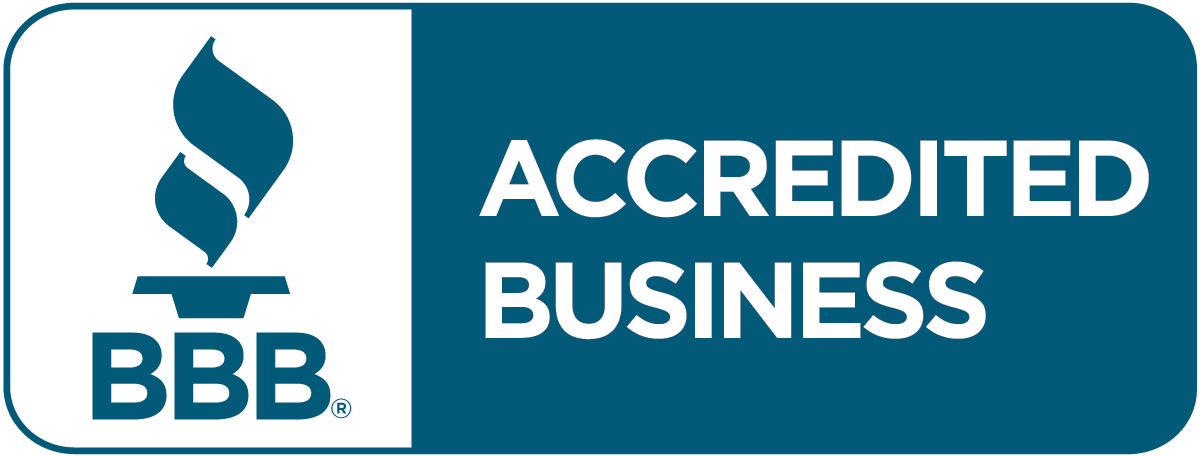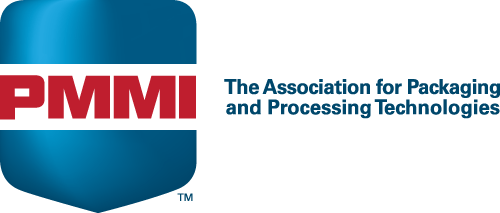What is the target market for your Pet Food?
Some pet foods have different calorie and protein levels for different types of pets. Learn how to choose the correct target market for your pet food here.
Health-Conscious Customers
When it comes to the pet industry, consumers only want the best for their pets. They may be worried about their fur babies not receiving adequate nutrition from the existing food they purchase and this is where your pet food comes in. These customers don’t want any food or ingredients that may cause harm to their pets. You need therefore to prove to these owners that your brand provides nutrients and vitamins that are best for their pet’s health.
Pet-Specific Customers
The pet-owning demographic includes young pet owners and families centered around their pets. Shoppers are generally aged between
45 and 64 but the majority of pet store revenue comes from millennials and boomers. What this means for your business is that online purchasing and delivery would be essential as many of these owners would be younger and working-class individuals who prefer online shopping via purchasing from a store. These individuals tend to use social media so the use of promoted ads to target their interests would work best. If you are running promotions it should focus on the pet, be animal-friendly, and have posts or adverts that appeal to the target group.
Thrifty Customers
Thrifty customers are those who look for the best prices or the best “bang for their buck”. They look for the store or online store with the lowest price. Brand name or quality isn’t the issue for them. You need to consider price, especially with more customers looking to save money in the post-Covid19 era. Your products should be able to give you a profit without being too expensive. Coupons or discounts may be a good way to gain the loyalty of thrift customers.
Pampered-Pet Customers
Pet owners, especially dog owners, tend to pamper their pets. They want to keep their “fur babies” safe, protected, and healthy. Pet food businesses that will draw their attention are those that offer them the best health for their pet. Some high-end pet owners want to spoil them with designer clothes and these owners may also be willing to pay more for specialty food. There are also pets with allergies and your store can benefit from supplying food-sensitivity products for pets.
Need pet food supplies to help you
reach your target market? We got you!
Give us a call for more info today!
Designing a food filling line: Product is king
